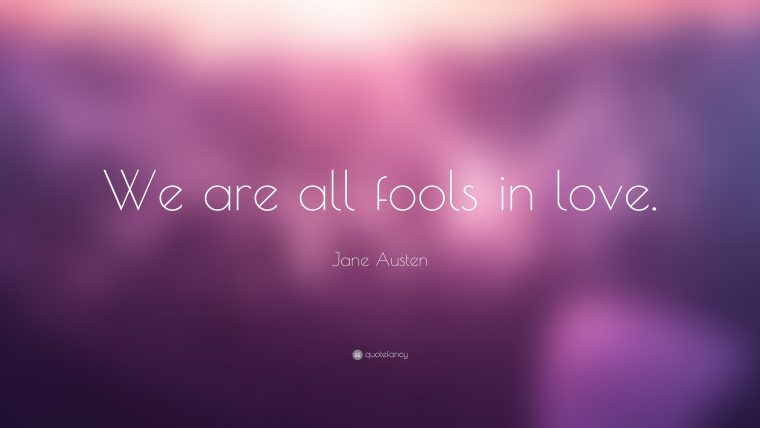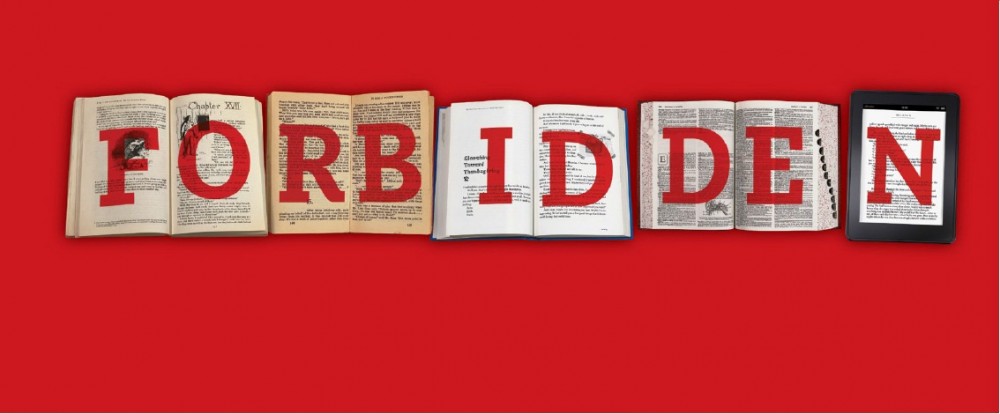It is a truth universally acknowledged, that Jane Austen Fan Fiction – which, for the sake of brevity, will be referred to as JAFF – is a thing. A pretty big thing.
I had no idea JAFF existed until a minor contretemps erupted in my little corner of the Internet. Author Margaret Lynette Sharp made her first foray into JAFF only to be stung by a one-star review. But there was worse to come: the reviewer, having been chastised by other aficionados of JAFF, felt the need to elaborate, thus adding to the author’s pain.
For those of you unfamiliar with JAFF, it is a genre where writers take characters and settings from the works of Austen and put them into their own stories.
If you thought JAFF only became a thing with the birth of the internet, think again. The first published work of JAFF appeared in 1913. Old Friends and New Fancies by Sybil Brinton takes characters from Austen’s six novels and rolls them into one story.
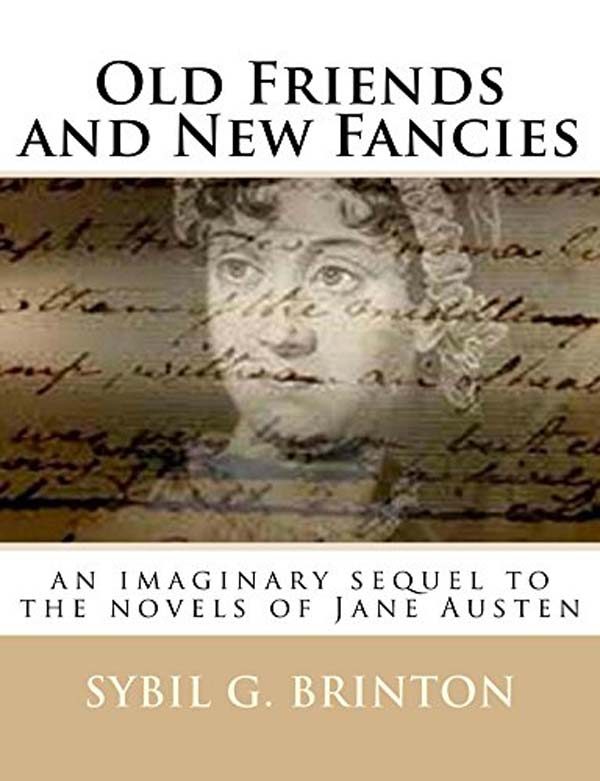
Source: Amazon
A quick check on Amazon shows that there are hundreds of books in the JAFF genre. Most seem to be concerned with what happens to Austen’s beloved characters after she has finished with them. There are even a few diaries penned by the eye candy, i.e. Darcy and Captain Wentworth. Which is bizarre as Austen never wrote from the male point of view.
One that caught my eye was Pride and Promiscuity: The Lost Sex Scenes of Jane Austen by Arielle Eckstut and Dennis Ashton. Perhaps more parody than fan fiction, reviews show that many fans were not amused.
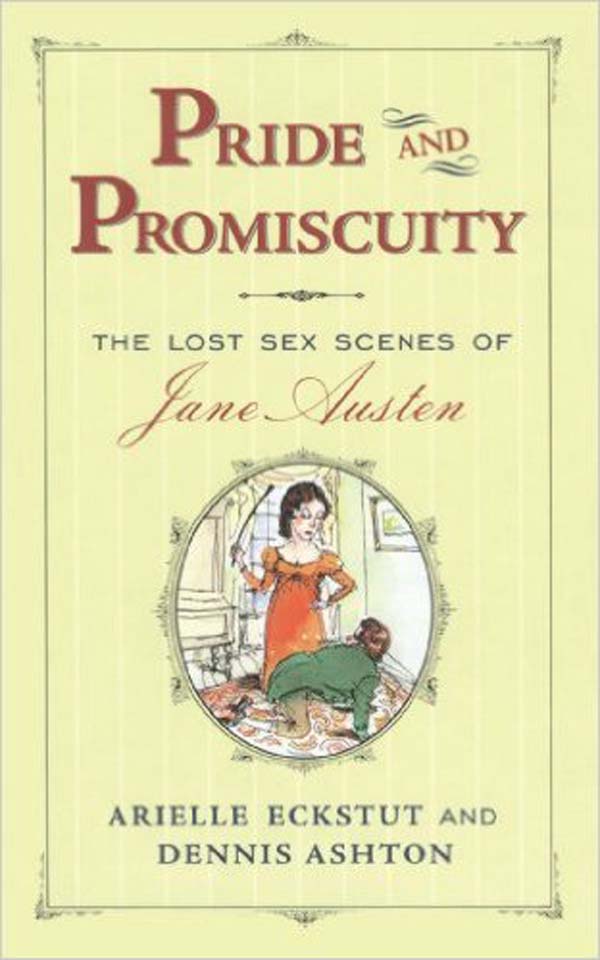
Source: Amazon
The Case For Homage
I asked Margaret Lynette Sharp, mentioned above, why she decided to try her hand at JAFF with her short work, Longbourne Revisited.
MLS: I have written and published nineteen titles: mostly of the sweet, Australian romance genre. My friend, Sarah Johnson, who is well-loved in JAFF circles, kindly suggested that I might like to see if I could follow in her footsteps.
At first, I thought I would find the transition to JAFF to be impossible, but my Aussie spirit to have a go surged to the fore, and so I did. I understand the very acute sensibilities of dedicated Austen aficionados (I’m certainly one, myself), so I wasn’t surprised that one especially passionate fan with a fixed vision of canon caviled a bit, but overwhelmingly, both the response and the sales numbers have exceeded my best expectations.
Jane Austen is, and remains, one of my all-time favorite authors. I have read and re-read Pride and Prejudice more times than I have any other work – never failing to enjoy it.
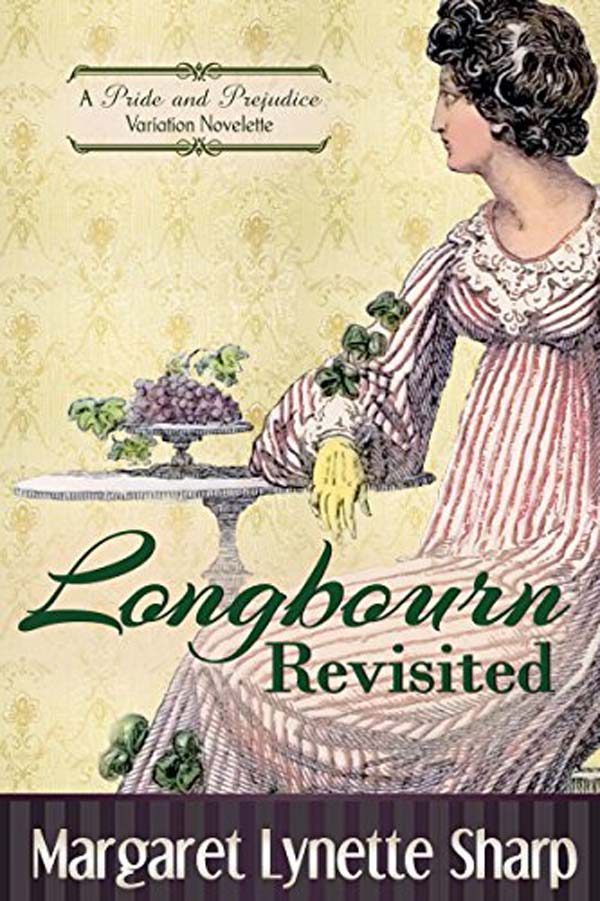
Source: Amazon
The Case For Rip Off
First, let me make it clear: I mean no disrespect to writers or readers of JAFF. I understand that everyone loves Austen. Well, almost everyone. Mark Twain was quite rude about her.
From what I can tell by reading blurbs, synopses and reviews, most JAFF stories pump up the romance and jettison the irony. For me, what makes Austen truly great is her use of irony. The romance in each of her novels is a counterpoint to the fact that marriage, in her day, was a cattle market.
The proliferation of sites dedicated to discussing JAFF proves that readers are hungry for new stories which incorporate Austen’s characters and settings. The end product, to my jaundiced eye, looks like cut and paste Regency romance.
Am I missing something? Care to enlighten me? I would be ever so grateful.
YouTube Channel: Dangerous Footage
Featured image via Flickr

